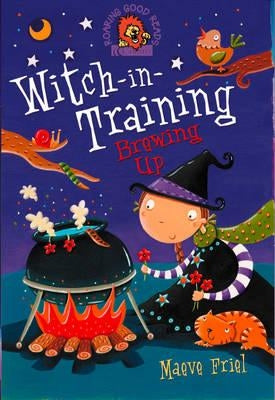Jack (Not Jackie)
$17.99
Brewing Up
$5.99
I do have the power
$13.99
Environmental Governance
$48.99
Lost In The Wilds
$34.95
Camb Pri Comptng Lb4
$22.19
Way Past Lonely
$9.99
Liberty Gift Wrap Book
$19.99
The Language of Spells
$19.99
The Accidental Life Swap
$19.99
Faraway
$15.95
Shhh! Can You Hear Him?
$17.95
The Dandelion Conspiracy
$7.99
I'm the Moon
$15.99
Anthology of Arab Tales
$15.00
When Leaders are Lost
$17.95
She's Buried Deep
$18.99





















































